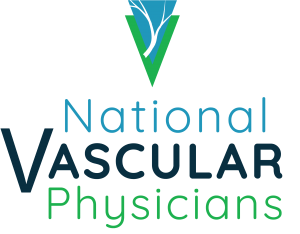
5 Risk Factors For Peripheral Artery Disease
April 26, 2022
Do you have Peripheral Artery Disease?
Peripheral artery disease (PAD) is a condition in which the arteries leading from the heart that serve the legs become narrower or blocked.
PAD is a condition that can affect anyone, at any age, that often goes unnoticed and undiagnosed. It is estimated that around 5 million Americans have PAD, yet certain risk factors make certain individuals more susceptible to PAD. If you think you are prone to get peripheral artery disease, you may want to keep reading about the following 5 risk factors for developing this condition.
5 risk factors you may have PAD
Peripheral artery disease can manifest for a number of reasons, but there are five common risk factors to watch out for.
- You’re obese or out of shape. Obesity is a catalyst for a number of diseases. However, exercise to lose weight has been shown to reduce the risk of heart disease and stroke. Additionally, studies have found that exercise may also reduce the risk of PAD.
- You have diabetes. Diabetes is a condition in which the blood sugar is consistently high. When the blood sugar is high, it damages the blood vessels and arteries. People with diabetes have a high risk of developing PAD. This is why it’s so important to check your blood sugar and keep it as normal as possible.
- You’re over 45. As you age, your risk of developing PAD increases. So, being over 45 years old increases your risk of PAD. This is because as you age, your arteries become more fragile and narrow. When PAD strikes, the arteries will be more frail and narrow.
- You’ve had a heart attack before. People who previously suffered a heart attack or stroke are more likely to have PAD since the same process that narrows the arteries to the heart is likely also narrowing the arteries in the legs.
- You have a history of smoking. A systematic review showed that half of PAD cases are due to smoking. Even if you are not yet symptomatic, all smokers should be screened for PAD.
Now that you’re in the know, please connect with us should you feel you have PAD or are at-risk for developing the condition so we can combat it together.



